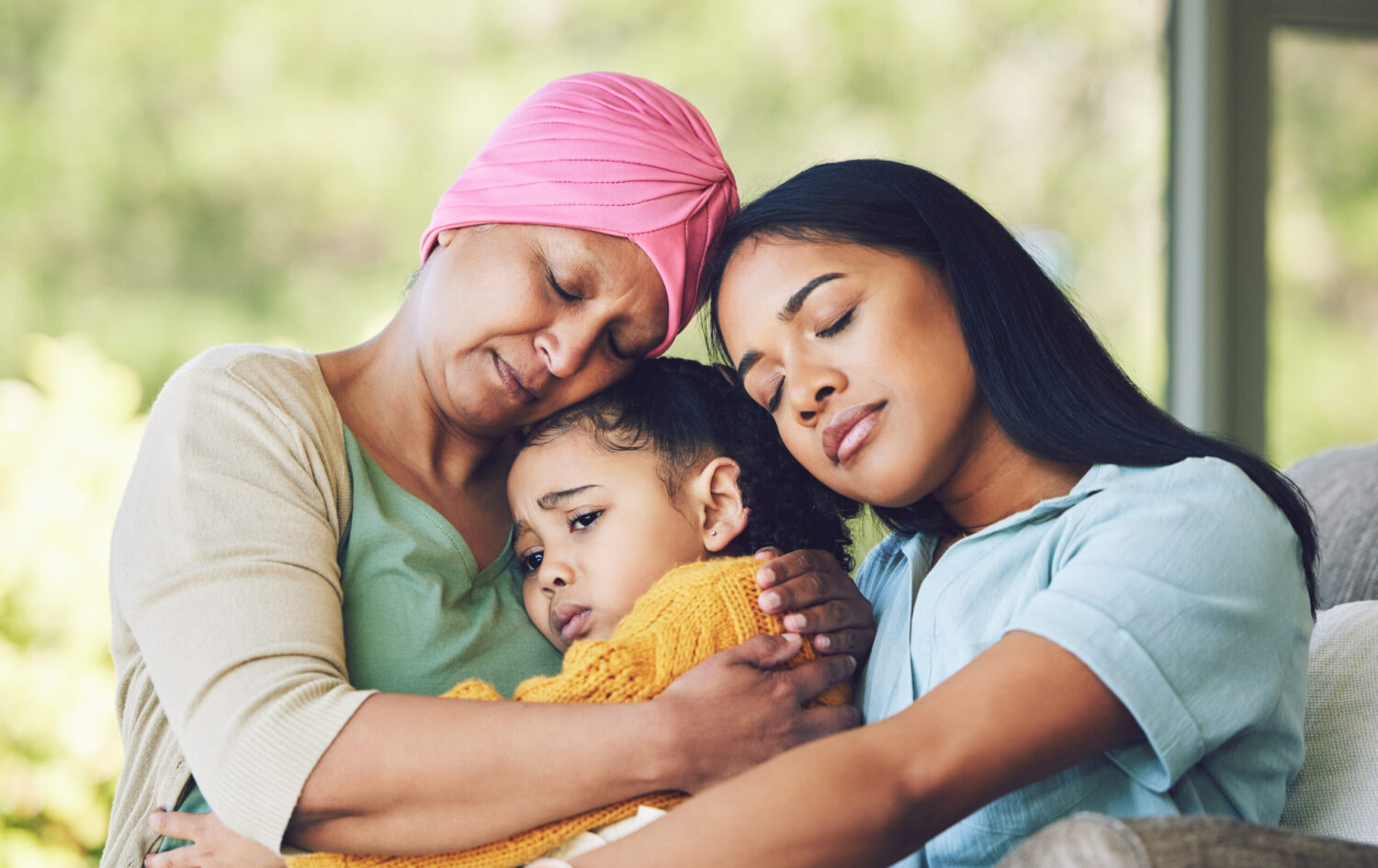
When someone you love enters hospice, your world can shift in an instant. It’s often one of the most tender, vulnerable chapters in life. You’re doing your best to show up with love, but also carrying sorrow, stress, and uncertainty.
There’s no guidebook for how to get through this. Some people find comfort in routines. Others need quiet space to cry, reflect, or breathe. You may crave company one day and want space the next. There’s no right way to cope. Take it one moment at a time, in the way that feels most true to you.
Why this time can feel so heavy
Hospice care is about making the end of life as peaceful and comfortable as possible. While it supports your loved one, it can stir up a lot of emotions for you — grief, fear, helplessness, and sometimes relief — and those all add up to a complicated kind of heartache.
If you’re struggling, you’re not alone. Studies from the National Institutes of Health show that many hospice caregivers experience depression, anxiety, or both. You’re carrying an immense emotional weight. And it’s okay if you need to ask for help.
Ways to cope, connect, and find comfort
When everything around you feels uncertain, it helps to focus on what you can control, like caring for yourself and spending time with your loved one.
Be in the moment
It’s easy to get caught up in fears about the future or grieve the changes that have already come. When that happens, try to bring your attention back to the current moment. Maybe that’s holding your loved one’s hand, playing a song they love, or sitting together in silence.
If your loved one can still talk, ask what matters to them in this moment. Share a favorite memory, say what’s on your heart, and listen. These conversations can be healing for both of you. And they don’t need to be long or deep to be meaningful.
Let yourself feel what you feel
Grief doesn’t always wait until after someone is gone. You might be mourning the changes you’ve seen, the loss that’s coming, or the pieces of your life that already feel different. This is called anticipatory grief, and it’s a very real part of the journey.
You may feel sadness, anger, guilt, relief, numbness, or all of these at the same time. Sometimes, it’s hard to even put your feelings into words. That’s okay. Accepting your emotions is an important part of the healing process. Let yourself feel them as they come, even if it’s not in the way you expect.
Talk to someone
Caring for someone in hospice can be incredibly lonely at times. You might have a strong circle of support, but still feel like no one fully understands what you’re going through. Share your thoughts with a friend, family member, counselor, or support group. Being open helps others know how to support you in the ways you need it most.
Say yes to help
People might offer to bring you meals, sit with your loved one, or run errands. Say yes. Let others help, especially if you’re used to doing things alone. Use these moments to catch your breath and focus on yourself for a little while. Step outside for a walk, eat a nourishing meal, take a nap, or have a moment to cry. You deserve care during this time, too.
Make space for small joys
While you’re feeling sorrow, little moments of joy still matter. Watch a show that makes you laugh. Feel the sun on your face. Look through old photos to bring back happy memories. These moments won’t erase the pain, but they can help you find peace.
Lean on your hospice team
Your hospice team often includes nurses, chaplains, social workers, and volunteers. They work closely together to support your loved one and your whole family. If you need someone to talk to, explain medical terms, or guide you through decisions, just ask. That’s what they’re there for.
After the goodbye
Even when it’s expected, death is still incredibly hard. Experiencing an aching absence, strange stillness, or even relief that the suffering is over are all normal responses to losing a loved one.
Whatever emotions come up, let them. Grief is a process that unfolds in its own time. There’s no rush and no right pace.
At Traditions Health, we understand how layered and emotional the hospice experience can be. Our team is here to support patients and the people who love them most.